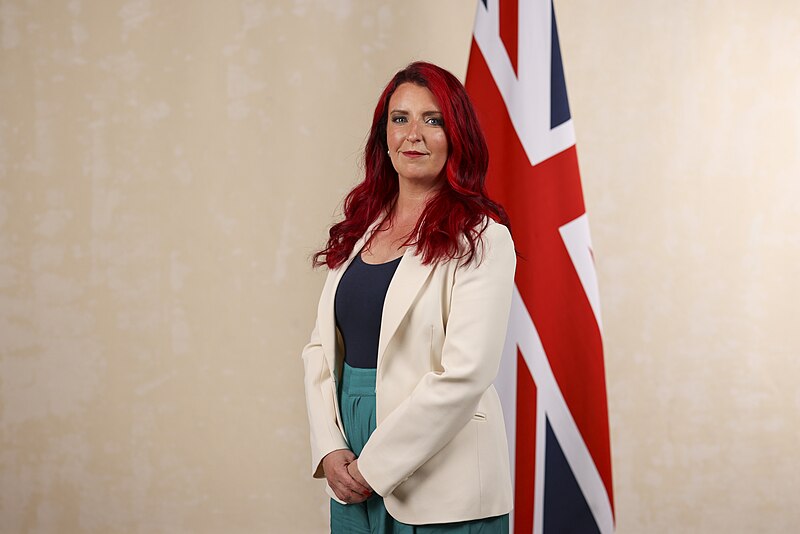
The UK government has announced a groundbreaking £1 billion funding initiative aimed at transforming bus services across England, tackling the long-standing postcode lottery, and ensuring
equal access to reliable transportation for all.
Funding to Transform and Protect Bus Services
This unprecedented investment includes £955 million allocated to support bus services until 2026. Transport Secretary Louise Haigh has confirmed £712 million for local authorities to enhance and expand bus services, with an additional £243 million for bus operators to maintain affordable fares and frequent service levels.
This funding is set to benefit all regions, with a particular focus on historically underserved areas such as rural communities and smaller towns. High-performing urban areas will also maintain their service levels, creating a nationwide uplift in bus reliability and availability.
Breaking the Postcode Lottery
The investment marks a significant step in the government’s broader plan to implement a "bus revolution," akin to London-style services, across the nation. This includes once-in-a-generation reforms aimed at creating modern, integrated networks that prioritize passengers.
Key regions such as Leicester, the Isle of Wight, Torbay, and Cambridgeshire and Peterborough will receive record-breaking funding to improve popular routes, safeguard rural services, and boost bus usage for commuting, shopping, and social activities.
The reformed funding model allocates resources based on local needs, deprivation levels, and population sizes. This eliminates the inefficient competition for funding seen in previous years, streamlining processes and delivering better outcomes for passengers.
Transport Secretary's Vision
Transport Secretary Louise Haigh emphasized the critical role buses play in connecting communities and supporting economic growth:
"Buses are the lifeblood of communities, but the system is broken. Too often, passengers are left waiting hours for buses that don’t turn up – and some have been cut off altogether.
That’s why we’re reforming funding to deliver better buses across the country and end the postcode lottery of bus services."
Haigh highlighted that the government’s £1 billion investment will help lower fares, protect vital local routes, and provide reliable services, while empowering communities to take greater control through franchising or public ownership.
Lifeline Services and Economic Growth
This funding ensures crucial connections between towns, cities, and hospitals remain operational, supporting NHS access and wider economic opportunities. By empowering local authorities, the government aims to foster social mobility, improve tourism, and support community events.
Rural areas such as Lancashire, Kent, Essex, and Norfolk have received significant allocations to protect essential services, while major urban regions like South Yorkshire and Liverpool City Region have been granted substantial funding to strengthen their networks.
Fare Cap and Cost-of-Living Support
To further support passengers, the government has introduced a fare cap of £3 on most routes, running until December 2025. This initiative aims to alleviate travel costs and provide significant savings, with additional inflation controls to prevent sharp fare increases.
Building a Brighter Future for Public Transport
In addition to the £955 million investment, the government has allocated £150 million for fare caps and £200 million through the City Region Sustainable Transport Settlements fund to drive local transport improvements. These measures align with the broader vision to rebuild Britain by investing in infrastructure, creating jobs, and enhancing access to opportunities.
The upcoming Buses Bill will grant local leaders greater powers to design and manage bus services tailored to their communities’ needs. With this transformative funding and reform, the government is delivering on its promise to create a thriving, passenger-focused bus network across England. Photo by Lauren Hurley / No 10 Downing Street, Wikimedia commons.



































